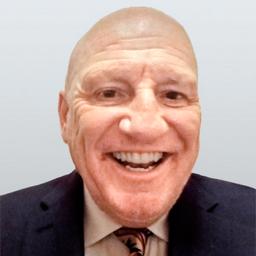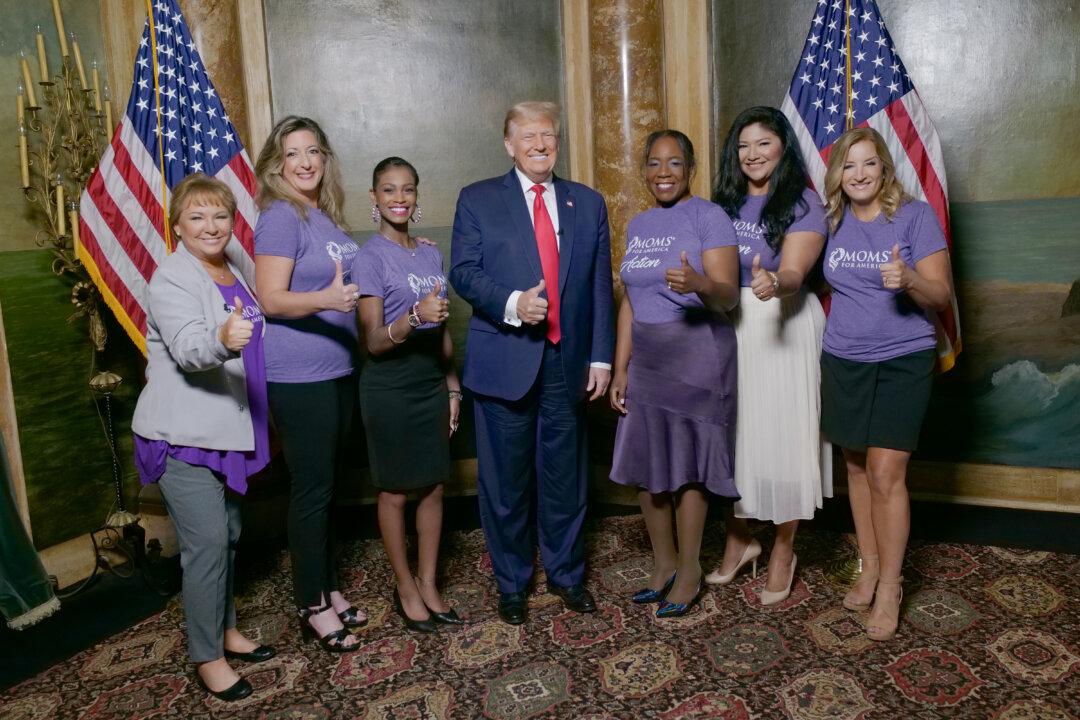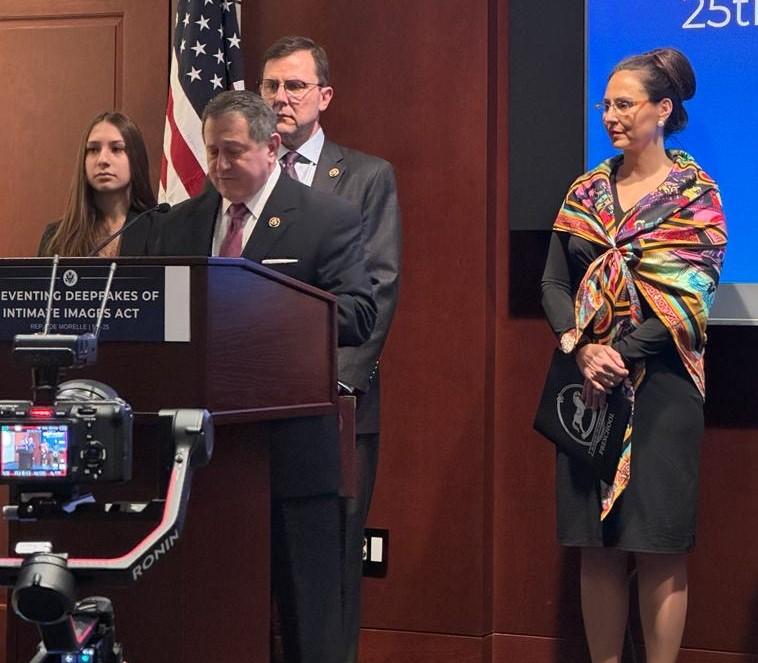A bill intended to speed up federal approval of drugs and therapies that show promise in treating diseases and conditions resistant to available treatments has received a rare show of lawmaker unity.
The Breakthrough Therapies Act is being backed by Reps. Alexandria Ocasio-Cortez (D-N.Y.) and Dan Crenshaw (R-Texas), and Sens. Cory Booker (D-N.J.) and Rand Paul (R-Ky.).





